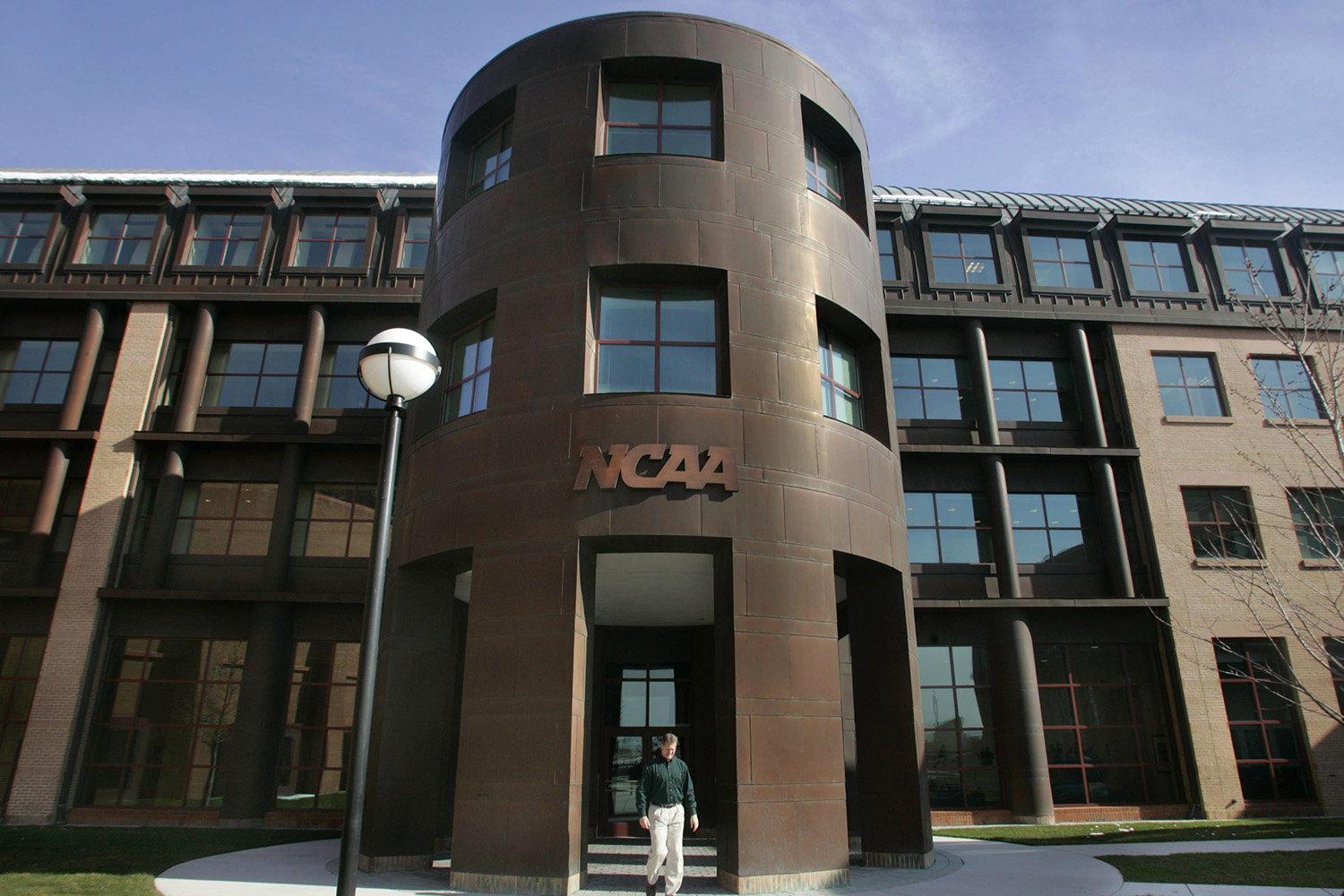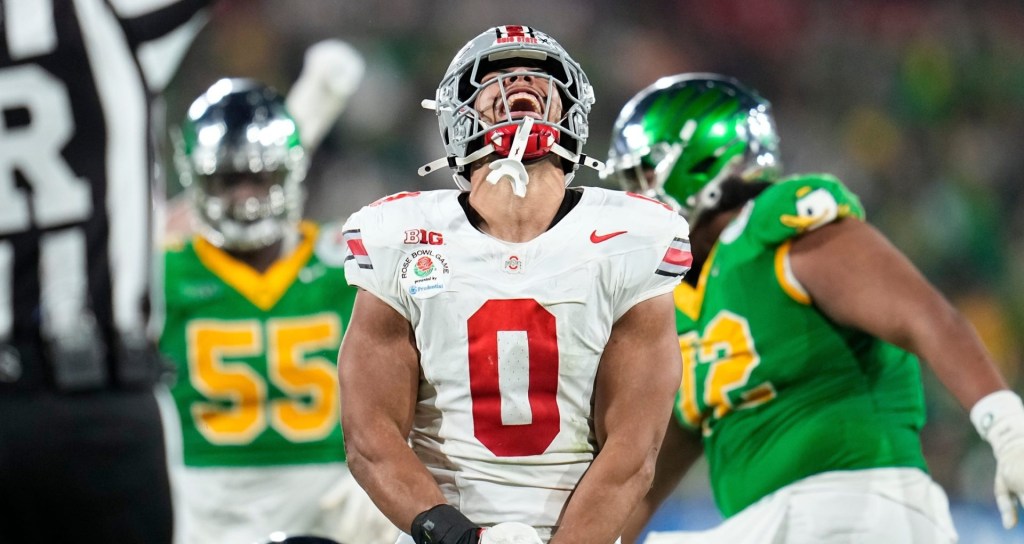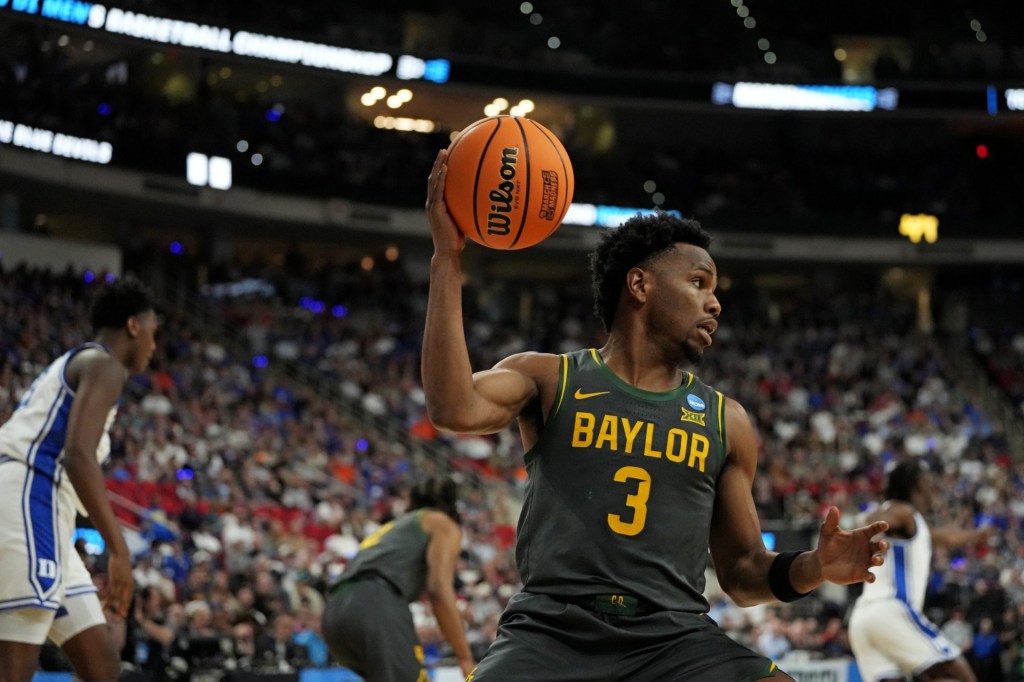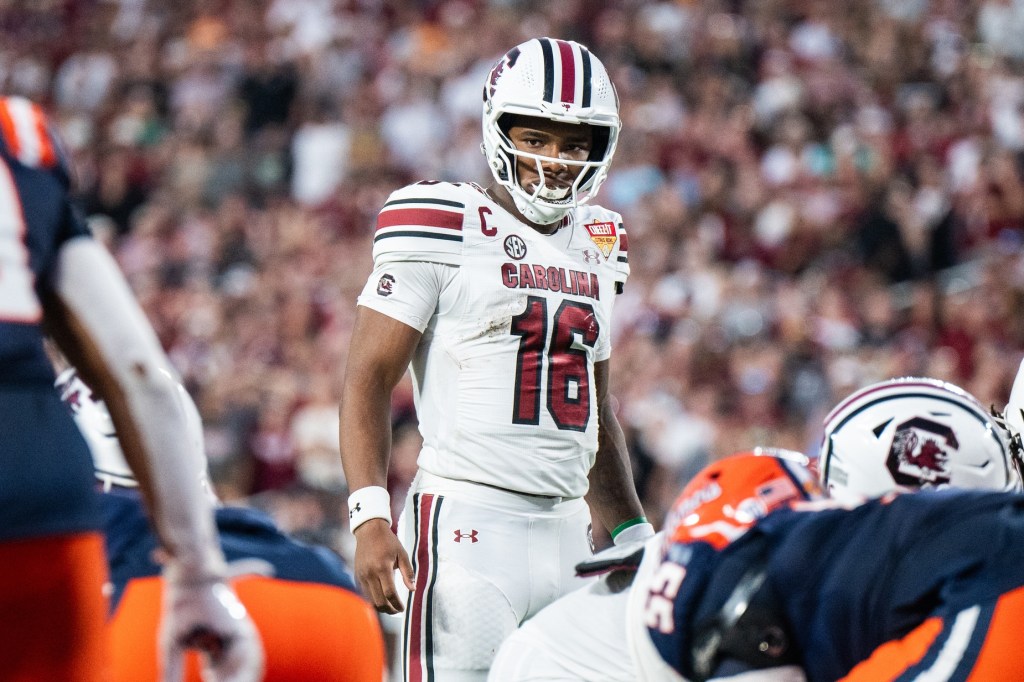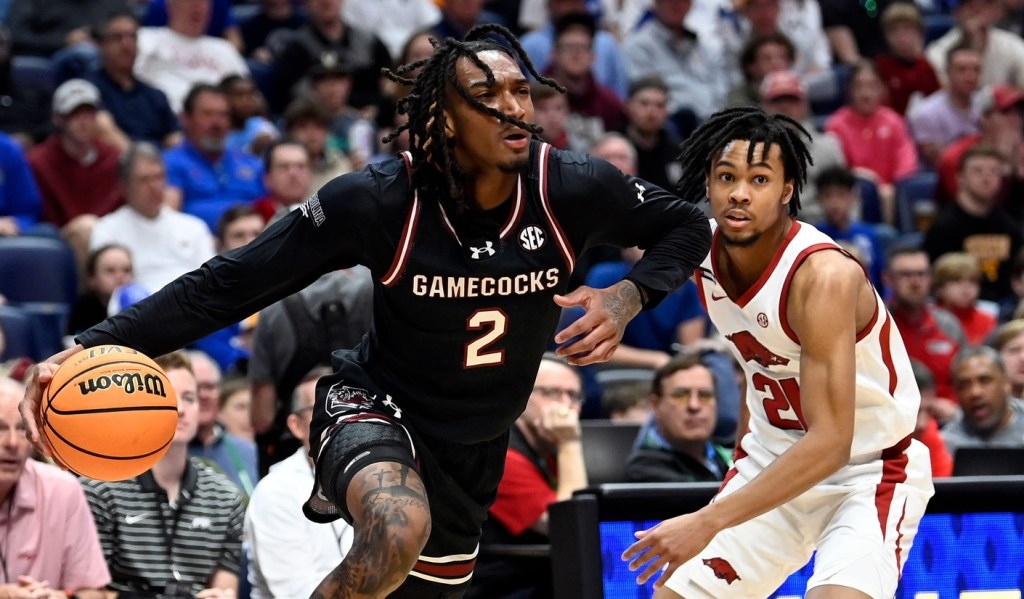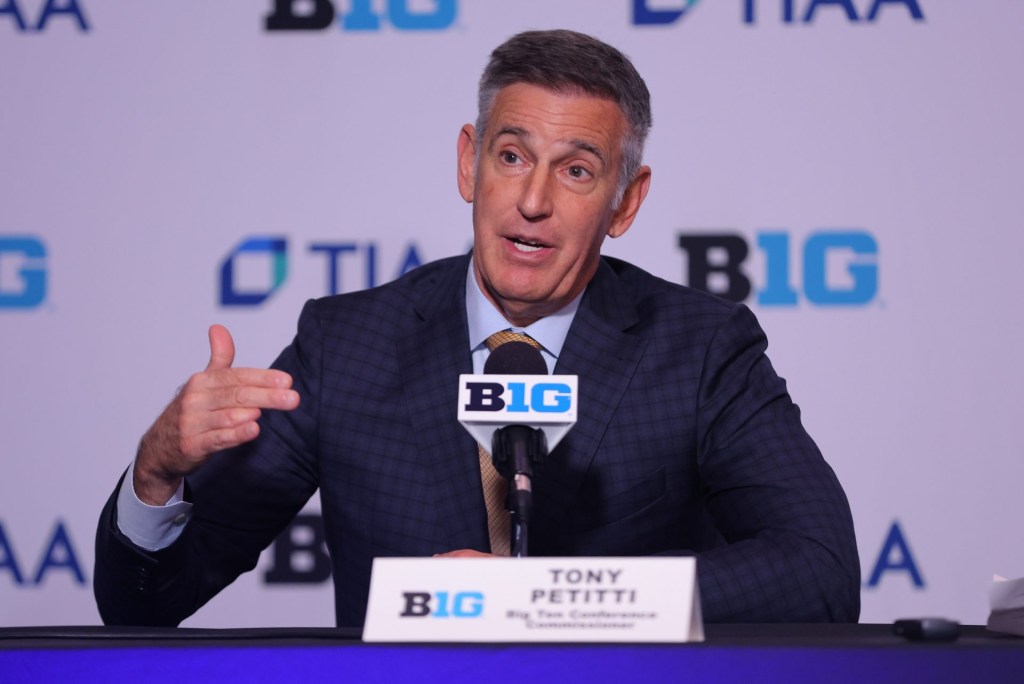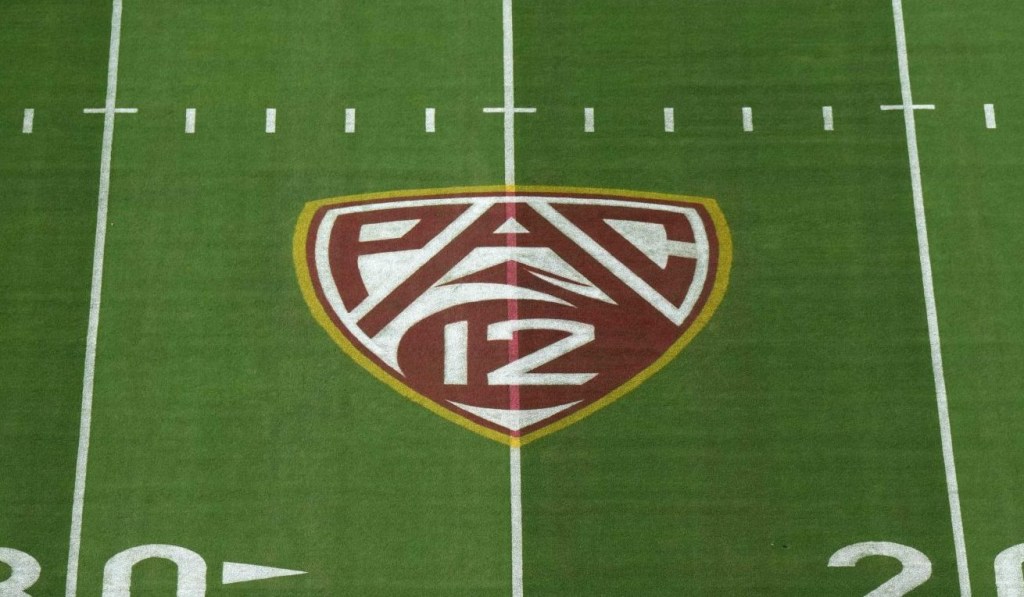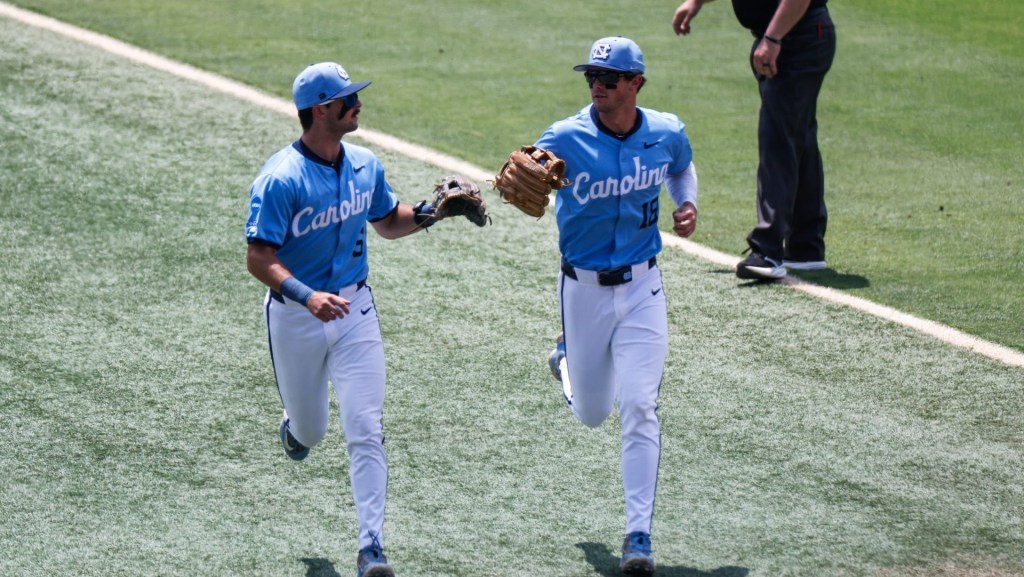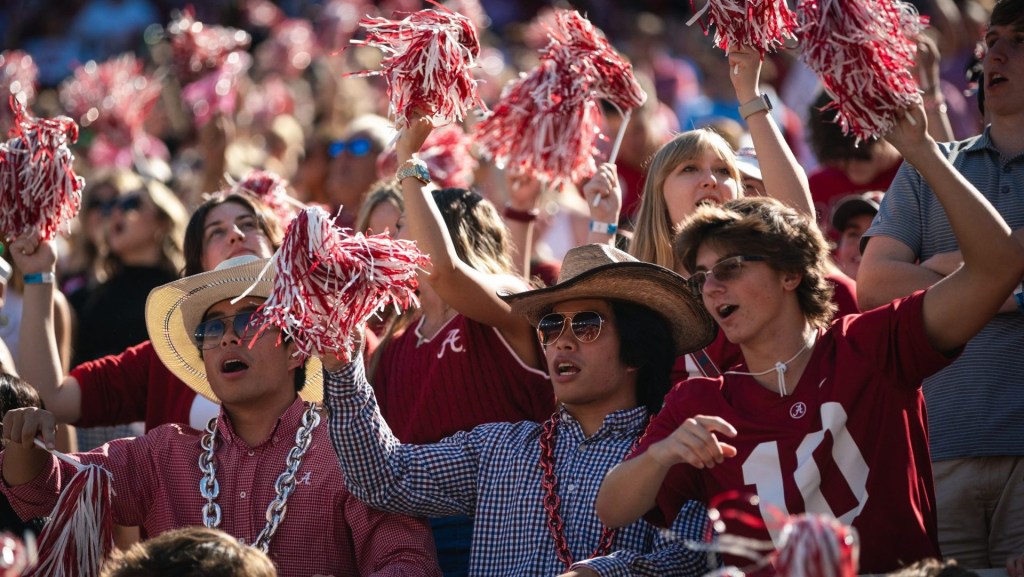More than a year into the name, image, and likeness era, the NCAA hasn’t yet enforced the rules it created. But that could change, according to a new job posting.
The NCAA is hiring an “Associate Director of Enforcement for Name, Image, and Likeness,” according to posts on TeamWork Online and on LinkedIn on Monday afternoon.
The posting — which lists responsibilities including investigating NIL violations and serving as a liaison to other NCAA staffers and school officials on the subject — suggests NIL will be a priority in the new infractions structure.
“This position is primarily responsible for identifying potential NCAA violations while maintaining current knowledge of and monitoring trends associated with Name, Image and Likeness (NIL) specific to recruiting and college athletics, generally,” the posting said. It “requires extensive travel, professional networking, developing and cultivating contacts, collaboration with team members and expertise in online research.”
In a statement to Front Office Sports, the NCAA noted the position “will serve as a resource to members and others who are concerned about potential violations of NCAA rules.”
The NCAA decided to implement the position because “member schools have expressed a desire for the national office to ensure NCAA rules … are not being violated.” But as for the concrete future of NIL enforcement, the NCAA has only release a few other clues:
- Reports previously surfaced suggesting the NCAA was investigating deals surrounding BYU and Miami.
- In May, the governing body released updates to its bare-bones NIL policy. They detailed prohibitions on pay-for-play deals or recruiting inducements, and specifically put restrictions on booster-funded deals and collectives.
- One month later, it sent a letter asking members to come forward to help with investigations, suggesting it lacked resources.
- But in the letter, it assured schools that it would not prioritize penalizing players.
The NCAA confirmed to FOS that it is now working on “a number of cases” related to NIL.
But the overall future of the enforcement staff is unclear. Divisions are currently rewriting their rules — including how to structure enforcement — after ratifying a new constitution in January. The NCAA said it would sunset the cumbersome IARP process and posted several other enforcement jobs, but has revealed little else.
